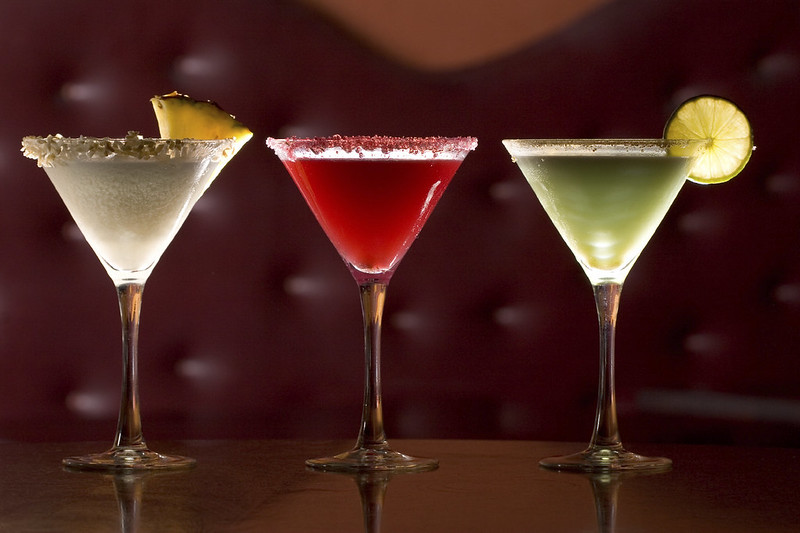
One of the results of the deregulation that occurred in response to the pandemic is that Americans who live in more than 30 states now have the liberty to order a margarita with their Mexican takeout, a bottle of wine with pizza delivery, and an Old Fashioned to pair with a burger to-go from favorite local joints.
Before the COVID-19 pandemic hit, only Florida and Mississippi allowed the sale of cocktails to go on a limited basis. However, as restaurants and bars were forced to shut down and restrict in-person dining last spring, these establishments had to rely on takeout and delivery to pay their employees, rent, and keep their businesses afloat. With alcohol sales generating up to 25% of revenues for many businesses that sell alcohol, states began to introduce legislation or emergency executive orders that temporarily legalized the delivery and sale of alcohol to-go. Now many of those temporary orders are being permanently codified by state lawmakers.
With almost a year having passed since former President Trump declared the COVID-19 a national emergency, lawmakers in states like Iowa and Ohio have passed legislation making to-go alcohol sales permanent. Iowa Governor Kim Reynolds (R) was one of the first governors to permanently authorize to-go sales of alcohol last June when she signed HF 2540. Ohio Governor Mike DeWine (R) followed suit in October when he signed HR 669, which permanently legalized the sale and delivery of alcoholic beverages by restaurants and bars in the Buckeye State.
Lawmakers in 26 other states have introduced or filed legislation this year to make to-go alcohol sales permanent. The effort to reduce and repeal unnecessary, commerce-restricting regulations on restaurants and bars selling alcohol to-go has achieved bipartisan support. Red and blue states alike – such as Kentucky, Florida, Texas, New York, and California — have all seen legislation introduced to legalize alcohol to-go.
Many public policy and behavioral changes that occurred during the pandemic will persist long after its passing. Ubiquitous permission of to-go alcohol sales appears poised to be a permanent fixture of post-pandemic life. That’s good news for business owners who will generate more sales, consumers who will have increased convenience, and government coffers that will receive more excise tax collections.

